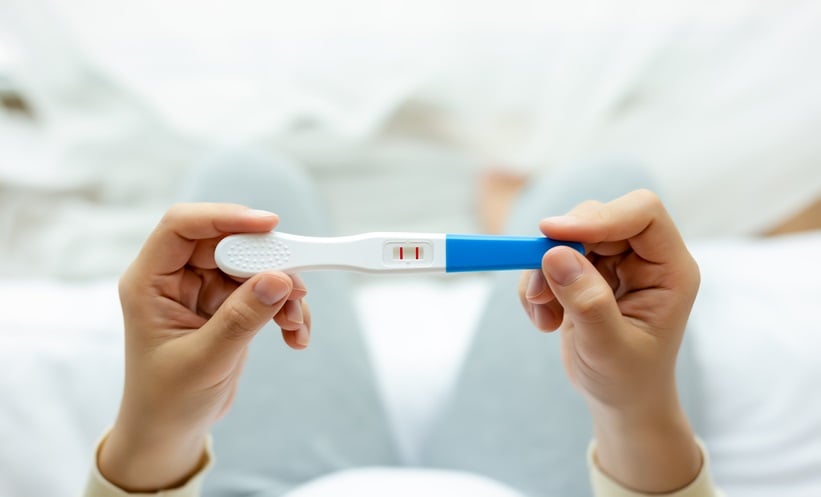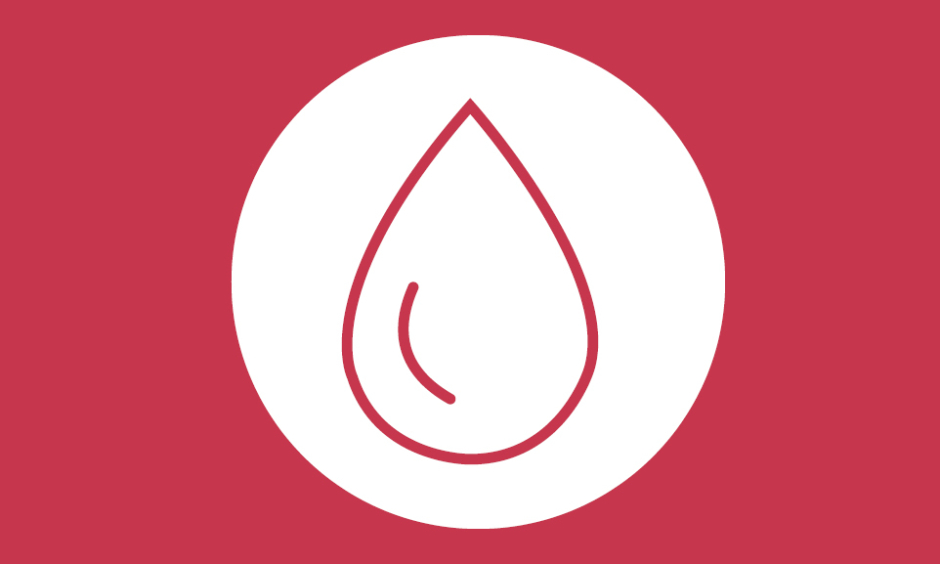RECENT findings reveal that female patients can successfully conceive and give birth to healthy children after undergoing allogeneic haematopoietic cell transplantation (alloHCT) despite significant fertility challenges. Advances in alloHCT procedures have resulted in more long-term survivors, particularly young adults who wish to start families. However, fertility risks from transplant-related morbidity, prolonged medication use, and prior exposure to total body irradiation or high-dose chemotherapy remain a significant concern. Researchers retrospectively analysed the German Registry for Stem Cell Transplantation data in the most extensive study.
The study examined pregnancy and birth rates and identified risk factors for female patients aged 18 to 40 undergoing alloHCT. Among 2,654 participants, 50 women reported 74 pregnancies, resulting in 57 live births, with a median time to the first pregnancy of 4.7 years post-transplant.
Researchers found that women aged 18 to 35 at the time of alloHCT were more likely to become pregnant, with a median age of 29.6 years at conception. While this group’s annual first birth rate was over six times lower than that of the general German population, these findings challenge the belief that pregnancy is impossible post-alloHCT. Notably, 72% of reported pregnancies were spontaneous, not requiring assisted reproductive technology (ART).
Factors associated with a higher chance of live birth included a reduced-intensity conditioning regimen, transplants for non-malignant conditions, and lower doses of total body irradiation. Maternal complications occurred in 25 out of 52 pregnancies, primarily vascular issues such as preeclampsia, oedema, and hypertension. Although these did not exceed the complication risk of the general population, close monitoring by transplant physicians and gynaecologists is recommended. Fetal outcomes showed no increased rates of childhood illnesses or developmental delays. However, there were higher incidences of preterm delivery and low birth weight compared to the general population. Overall, the live birth rate for this group was 78%, comparable to that of the general population.
The authors call for prospective studies to further understand how pre-alloHCT treatments, including new and targeted therapies, impact fertility in young cancer patients. This knowledge will aid in developing more personalised therapies that balance anti-tumour effectiveness with minimising toxicity and preserving fertility. These findings provide a foundation for counselling young women of childbearing age and highlight the importance of funding and awareness for ART techniques.
Laith Gergi, EMJ
Reference:
Sockel K et al. Pregnancy after allogeneic hematopoietic cell transplantation-a national multicenter study. Blood. 2024;DOI:10.1182/blood.2024024342.







